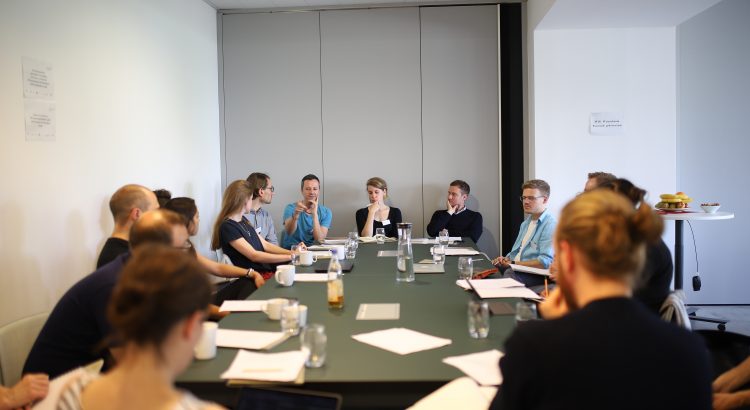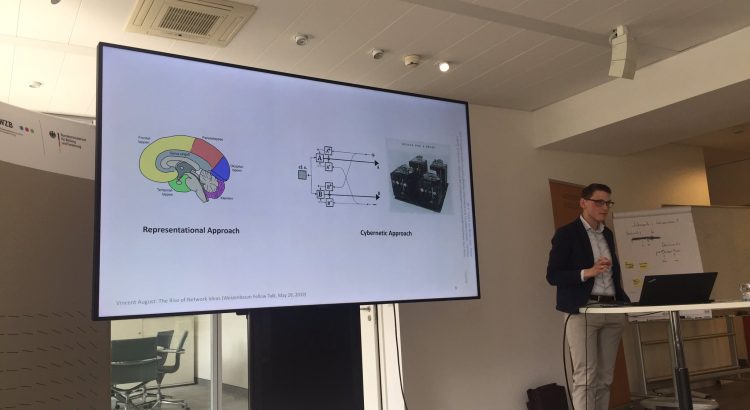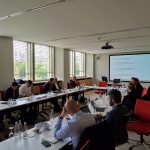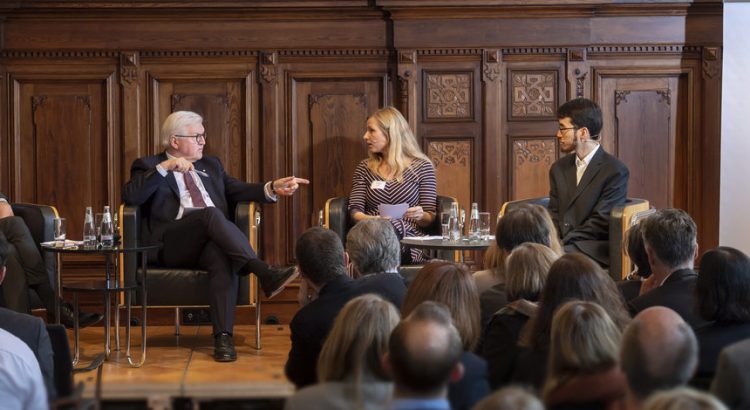Freitag, 7. Juni 2019, 10:00 - 16:00 Uhr
Weizenbaum-Institut, Raum A104-105
 Im Diskurs über Gefahren und Potenziale digitaler Technologien für Gesellschaft und Demokratie richtet sich das Augenmerk regelmäßig auf private Intermediäre und staatliche Akteure. Die Bedeutung der Zivilgesellschaft, ihrer digitalen Pioniere und das der Demokratie innewohnende Innovationspotenzial, über ihre eigene Verfasstheit zu bestimmen, werden demgegenüber seltener untersucht. Dieser in Zusammenarbeit mit Betterplace.lab erarbeitete Workshop brachte Wissenschaftler*innen aus ganz Deutschland in Kontakt mit insgesamt elf teilnehmenden zivilgesellschaftlichen Initiativen, die digitale Demokratietools entwickeln (etwa Liquid Democracy, Frag-den-Staat, TraceMap, Hate Aid). Gemeinsame wurden Möglichkeitsräume ausgelotet, Demokratie in einer vernetzten Gesellschaft neu zu denken und zu gestalten.
Im Diskurs über Gefahren und Potenziale digitaler Technologien für Gesellschaft und Demokratie richtet sich das Augenmerk regelmäßig auf private Intermediäre und staatliche Akteure. Die Bedeutung der Zivilgesellschaft, ihrer digitalen Pioniere und das der Demokratie innewohnende Innovationspotenzial, über ihre eigene Verfasstheit zu bestimmen, werden demgegenüber seltener untersucht. Dieser in Zusammenarbeit mit Betterplace.lab erarbeitete Workshop brachte Wissenschaftler*innen aus ganz Deutschland in Kontakt mit insgesamt elf teilnehmenden zivilgesellschaftlichen Initiativen, die digitale Demokratietools entwickeln (etwa Liquid Democracy, Frag-den-Staat, TraceMap, Hate Aid). Gemeinsame wurden Möglichkeitsräume ausgelotet, Demokratie in einer vernetzten Gesellschaft neu zu denken und zu gestalten.






